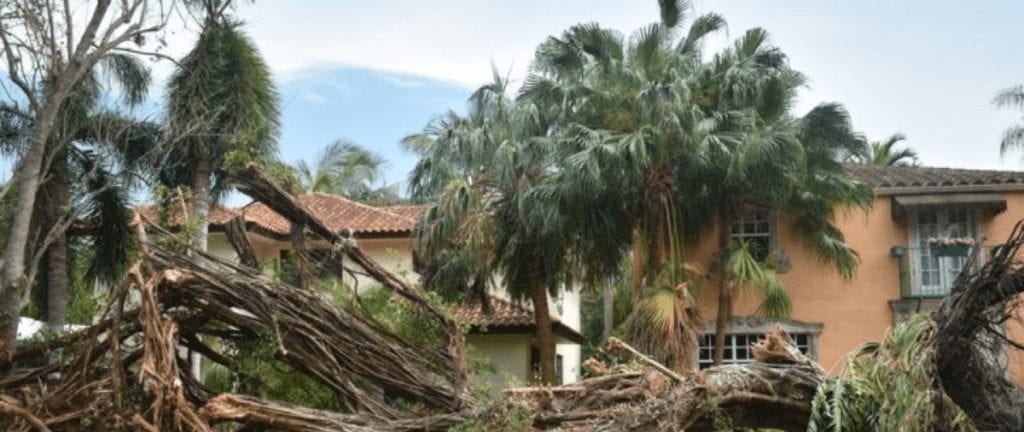No one wants to think that a hurricane or other disaster will ever happen to them, but when disaster does strike your home, do you know what to do?
Once the disaster is over, and you’ve made sure that your loved ones are safe, the next important step is to file a homeowner’s insurance claim. Here are 10 tips for filing the claim.
1. Contact your homeowner’s insurance company. Report the loss to your insurance company as soon as possible. If you cannot remember the name of your insurance company, call your agent or your mortgage company.
2. Ask your insurance company questions. You want to know what to expect, so ask your company a lot of questions at the outset of your claim. Here are a couple of suggestions:
- What does my insurance policy cover?
- What is the claims process?
- What are my deductibles?
- Who is my assigned adjuster and what is his/her contact information?
- What is my claim number?
3. Document all communication regarding your claim. You should make notes and keep a log of all communications during the claim process, including:
- Date.
- Time.
- Who did you speak with?
- A summary of the conversation.
- The next step(s) in the claim process.
4. Photograph your damages. Photograph or videotape the damage prior to making emergency repairs or protecting your property from additional damage. Be sure to take as many photos as you can from many different angles to support your claim. If you can do so safely, look for damage in the not-so-visible places like the attic or crawl space. Pre-damage photos are very helpful too.
5. Prepare a list of damaged items. Make a room-by-room list of all of your damaged items. Include a description of the item, the age, and the replacement cost. Model or serial numbers are helpful. If you have pictures of your home or contents prior to the loss refer to those to assist you in preparing your list of damaged items. You will want to make two copies of this list; one for you and one to provide the insurance adjuster. Do not throw out damaged items until after the insurance adjuster has inspected your home and property.
6. Save all receipts. You will want to save receipts for all expenses. This includes anything you buy to protect or repair the home, or any lodging and meal expenses you incur. You may be able to request reimbursement from your insurance company for these expenses.
7. Complete the insurance claim forms. As a condition of your policy, you must cooperate with your insurance company. This requires the submission of information and documentation when reasonably requested by your insurance company. When requested, provide complete information and documentation as soon as possible to avoid delays in processing your claim.
8. Prepare for the insurance adjuster’s inspection. The insurance adjuster represents the insurance company, not you. Getting your own repair estimates from local contractors or repair companies can assist you in the claims process of evaluating your damages. Provide the adjuster all estimates you receive, as well as any photographs from before and after the loss to document the damages.
9. The initial payment is not the final payment. The Florida Homeowners Claim Bill of Rights requires insurance companies to pay the full value of policyholder’s damages without delay. Many times, you will receive multiple checks under different coverages of your insurance policy. Before accepting and cashing a check from your insurance company, ask whether doing so will end your claim.
10. Be proactive, polite, and complete. Be proactive in providing proof of your damages and asking for payments from your insurance company. Keep your communications in writing while being polite and complete in your request for action on your claim and payments for your damages. Keep all of your claims documentation organized for future reference if necessary.
This is a stressful time. During major catastrophes, insurance companies have a lot of claims. You may also have questions your insurance company does not want to answer. You can always contact the Florida Office of Insurance Regulation for assistance. However, this can be a complicated process. If you’ve reached this point, it’s likely you need legal representation.
Murray + Murray is an insurance law firm that exclusively handles insurance-related disputes in Florida, and can provide you with legal assistance to help you make a full recovery. Call Murray + Murray today at 1-855-269-4317.
%20LOGO%20FINAL.png?width=1089&height=252&name=MLG%20(PREMIUM)%20LOGO%20FINAL.png)
